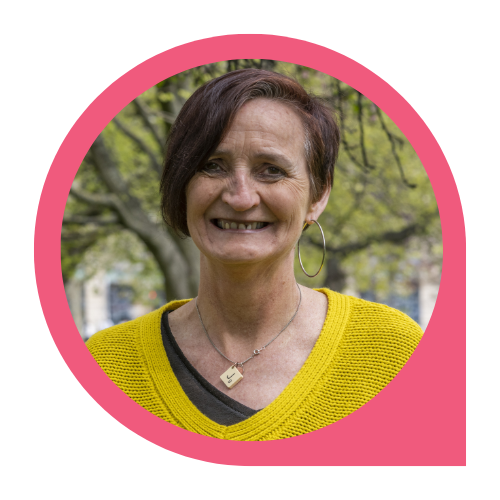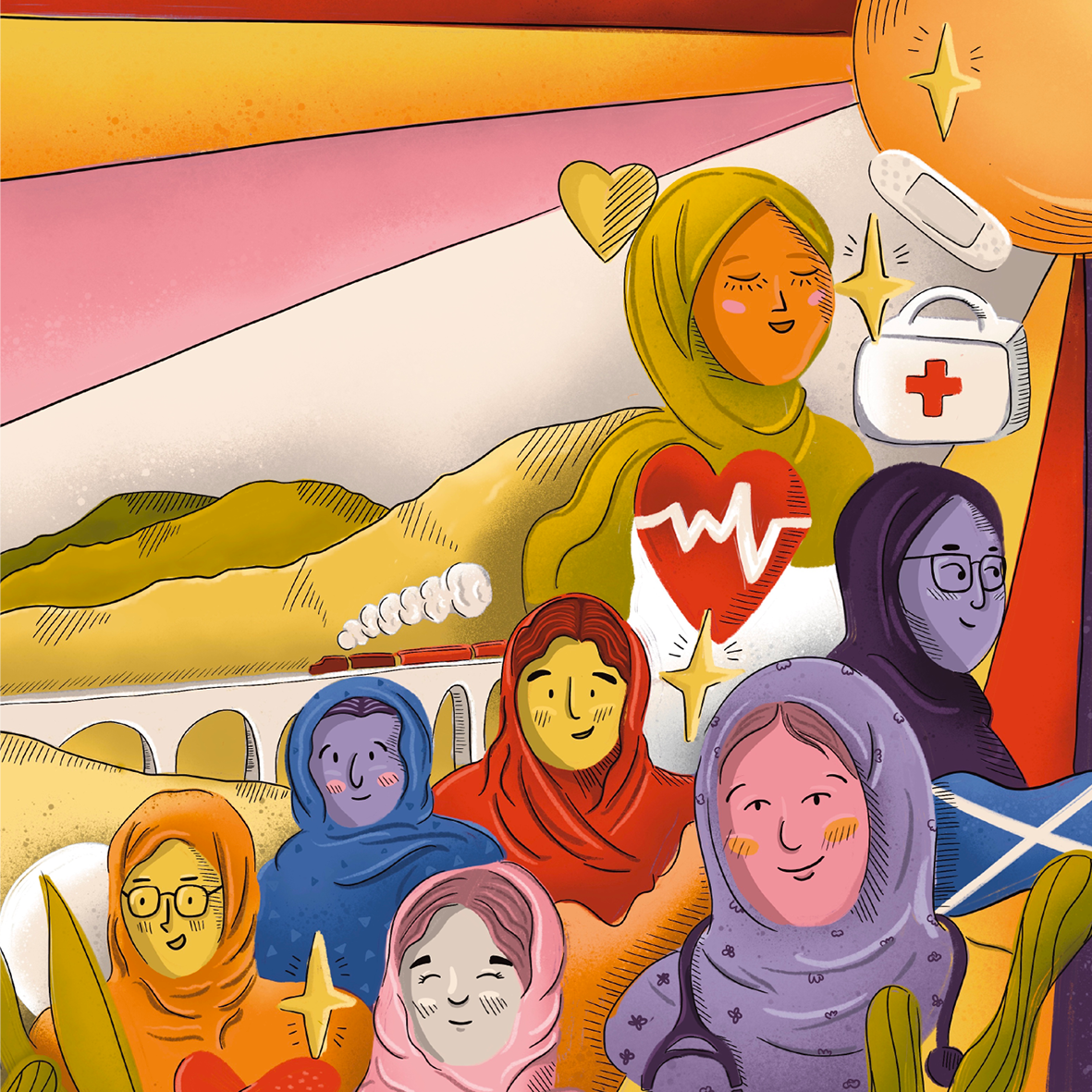Working in the messiness - How can we make a step change in whole family support?
15 Jul 2025
Children in Scotland's CEO Judith Turbyne discusses the challenges and complexities facing Whole Family Support in Scotland.
There was a lovely buzz at the First Minister’s event on Whole Family Support at the Playfair Library a couple of weeks ago. That buzz lasted all day, not suffering the often-felt afternoon lull. A superficial observation perhaps, but perhaps a good proxy for levels of engagement, interest and commitment.
The sense of a shared understanding was strong. The question wasn’t ‘Should we be properly investing in whole family support? but, ‘How can we do that, and how can we ensure that we have the leadership we need to make that work?’.
One of the slides that was most commented on during the day was how messy and bamboozling the ‘system’ looks to someone who is engaging with different services. But we can’t wait until we can change the whole system to make inroads. We need to go,go,go, prioritising our energy and effort where we feel we can have the biggest impact.
What we mustn’t do is simplify the complexity of the challenge. This often happens as we try to propose solutions to social challenges. We simplify what needs to be done to make it understandable for us, for others, for our campaigns, for our funders, for those we work with, and so on. As H.L. Mencken once said
“For every complex problem there is an answer that is clear, simple, and wrong.”
So, it’s messy and difficult. And we all have roles to play in making the right kind of change to the systems we live and work in. And we have to be committed to working in that messiness.
People often talk about a system as if it sits beyond us, that we need to change the system from outside. But in reality, we are all part of the system. Clearly, some have more power within that system than others. And in some systems, some individuals and groups of individuals will have negligible to non-existent power. But if we start to see ourselves as sitting outwith a system, we diminish our investment in it, and our commitment to doing the difficult work.
So where do we start? Where do we know we can make a difference?
Probably everyone would give a different answer to that question. But here are three of the crucial ones.
Priority: We need person-centred, community solutions. Fourteen years ago, the Christie Commission underlined how important it was to invest in prevention. And the earlier you create access to the right support, the more likely you are to create more positive outcomes. We need to work quickly towards a situation where, in every local authority area, all families have access to a place where they can seek support in a community based, person centred and non-stigmatising way. There are good examples across the country of where this is happening and we can identify and build on those, ensuring that universal provision can act as a base from which any necessary specialist provision can be sought.
Priority: We need to fund differently, and we need to fund better. And we need to do that urgently. There are recognisable reasons for the systems that have been put in place, but the unintended consequence is that we have created an ineffective system that creates a lot of ‘busy’ work, taking away from the time and energy that could be spend working with and for those babies, children and young people and families we are seeking to support. We need to be braver about how we fund. It needs to be longer term, outcome focused and based on collaboration and trust. And this means not only looking at grant funding, but also at procurement and commissioning. And we need to shift the balance of funding so that we have more to spend in the preventative space.
Priority: We need to invest in collaboration. Collaboration it is complex and can be hard. We have to recruit and support our leaders in a way that ensures that collaboration is fundamental to their work. And this collaboration needs to be across all sectors. The third sector has been a key deliverer of services at community level for centuries and it is essential that there is a real parity of esteem. It needs to be involved from planning onwards as we try to ensure that we are optimising our services on the ground.
We have a great opportunity in Scotland to make this happen. When I am feeling a bit gloomy about what is happening here, I cheer myself up by thinking about all the strong policies we have that embrace our babies, children, young people and families: GIRFEC, the Promise, the Child Poverty (Scotland) Act, the incorporation of UNCRC. So, we don’t need more legislation. The job is to take the passion that was felt in that room and let it ignite. In that way we have a chance of making lasting change and ensuring that we can really fulfil our promise to our children; that their rights will be respected.


Read more like this
Check out our blog for more commentary, membership news and more!
Click here to read
Insight magazine, Issue 6
The latest issue of our biannual member magazine, Insight, is out now
Click here for moreEnquire
Find out more about Enquire, the national advice and information service for additional support for learning
Visit the websiteReach
The website for young people offers advice and support on accessing their rights
Visit the website